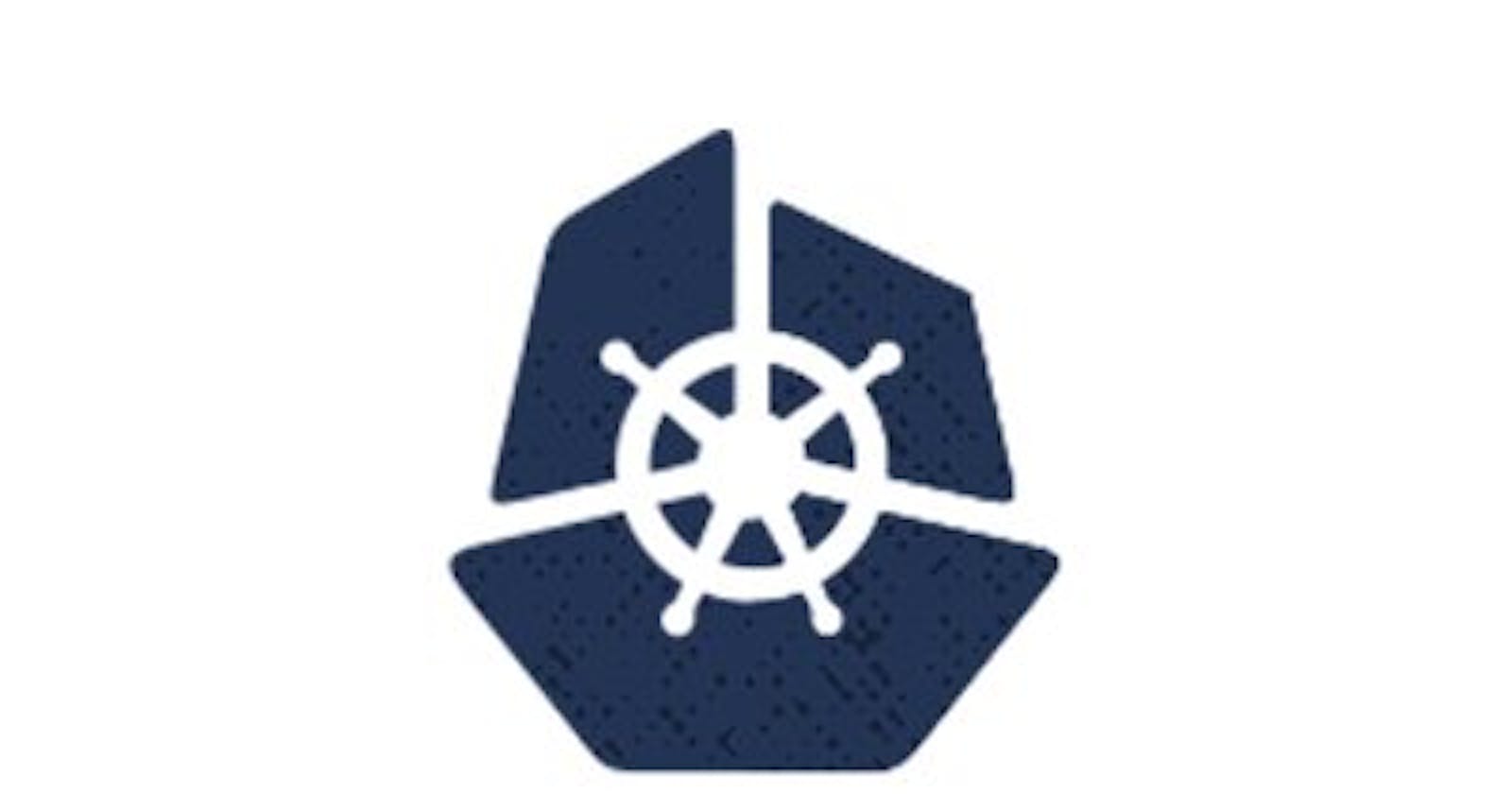An Insight to KubeCon 2022
Guide to navigate KubeCon and Sharing my KubeCon Virtual Experience
Introduction
In this blog, I am going to talk about my experience at KubeCon Europe 2022. I initially attended some part of KubeCon virtually and watched online videos for the same later on CNCF YouTube Channel. KubeCon 2022 happened in Valencia, Spain on 17th May-19th May.It was three day event. This event was held both virtually and live. This was hosted by CNCF(Cloud Native Computing Foundation).
This included over 26,000 registered attendees,from developers, product management, DevOps, IT ops, architects and executives. There were over 9,000 companies in attendence across multiple industries.
KubeCon History
KubeCon simply means Kubernetes Conference.
Kubernetes started from an inside project at Google called Borg. Recognizing the revolutionary scope of their product, Google open-sourced Kubernetes in 2014, prompting huge advancements in the distributed computing world.
Google held the first KubeCon in November of 2015. The meeting lasted three days and highlighted an assortment of speakers who talked about themes going from application improvement on cloud-local stages to coordinating Kubernetes on the AWS stage.
KubeCon EU 2022 virtual:
Cloud-native growth and Kubernetes adoption
The event was focused on accelerating the growth of organizations with their cloud-native adoption.
In this latest research, we see:
29% of respondents say their organizations use 250 to 499 total business applications -- container-based or not container-based.
71% of respondents say their container-based applications are, or will be, deployed in a hybrid method, a combination of public cloud platforms and private data centers.
39% of organizations surveyed say they have run production workloads on container technology for the last 12 to 23 months.
The IT skills gap was also a very real concern at the event. Organizations want to modernize, but are challenged with finding the appropriate resources to allow for the growth required for the business.
Who should attend KubeCon
The Cloud Native Computing Foundation’s flagship conference gathers leading technologists from leading open-source and cloud-native communities to further the education and advancement of cloud-native computing.
Kubernetes and other cloud-native technologies enable higher velocity software development at a lower cost than traditional infrastructure. Cloud-native – orchestrating containers as part of a microservices architecture – is a departure from traditional application design. The Cloud Native Computing Foundation is helping to build a map through this new terrain, and KubeCon + CloudNativeCon is where the community comes together to share their expertise on this formerly uncharted but increasingly popular territory.
- Application Developers
- IT Operations
- Technical Management
- Executive Leadership
- Product Managers and Product Marketing
- End-users
- Service Providers
- CNCF Contributors
- Those looking to learn more about Cloud Native
Briefings by the Numbers
It was exciting, informative and interesting to understand what vendors are doing to help organizations meet their modernization needs.
Here are a few vendor summaries from the event about how they are addressing the challenges.
Ondat. CEO Alex Chircop met with me to discuss how the company's rebrand is going. The rebrand is strategic, as the company -- formerly StorageOS -- now focuses on offering data services. Ondat has a unique differentiation to the industry. First, the data services offering is delivered as a container and does not have any dependencies on a kernel. Second, it can be deployed anywhere, on any platform. A few additional cool features include different configurations for production and development, it does not use proprietary drivers, and it also offers a free version with unlimited nodes.
PlanetScale. I had a very passionate conversation with vice president of engineering Nick Van Wiggeren. He loves his product offerings, and I can see why. PlanetScale is changing the way databases are used and deployed. Growth is key for PlanetScale, along with differentiation -- such as workflow engine, at-scale database sharding -- as well as a unique offering called Rewind, which gives the ability to undo changes with schema changes. The changes made act and feel like code changes for databases. Also, it is a pay-as-you-go model that ensures you only pay for what you need. The company's future is promising, as PlanetScale is focused on outcomes. Some of the new product features include insights that use application performance management and observability. Multi-region read replication with one-click execution and data velocity enables near real-time data to Amazon Simple Storage Service (S3).
Canonical (Ubuntu). David Booth, vice president of cloud-native apps, and Alex Jones, director of Kubernetes engineering, provided me with an overview of Canonical's recent branding, representing more than Ubuntu. Highlights from the event include Canonical's flexible offering that abstracts the underlying technology, which creates a highly customizable Kubernetes experience. The other main highlights from this discussion emphasized support and services for cloud-native configurations, app management, tooling to support Day 2 operations with automation, and AI advancements with Kubeflow. Another key focus is supply chain security and the acceleration of Kubernetes deployments --anywhere. It is clear that Canonical strives to be a trusted partner for open source growth, providing managed services to augment businesses as needed.
My learnings
- Use Twitter to share about your schedule and events you will be attending, there are a lot of people who would be happy to tag along.
- Don't be afraid to ask, there are no silly questions.
- The most important one, have fun and learn.
Conclusion
I learnt a lot from this event. Please check out other videos as well as well in that playlist.
If you haven't attended or had a chance to attend it, you should definitely try it out. Workshops and Conferences are a great way to learn and know about new technologies, best practices, and interactions.
Is KubeCon worth it? - Definitely YES!
